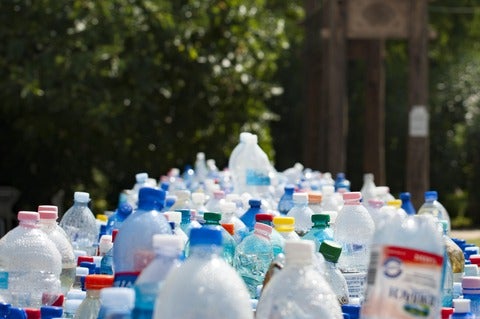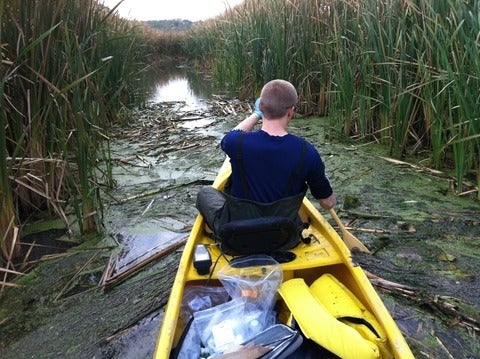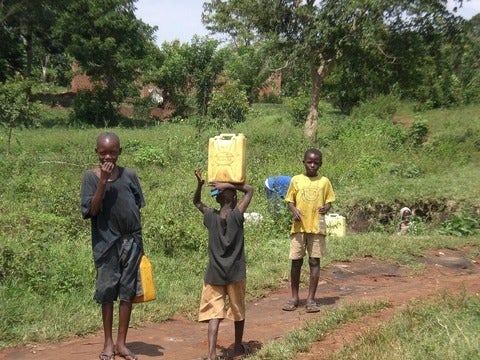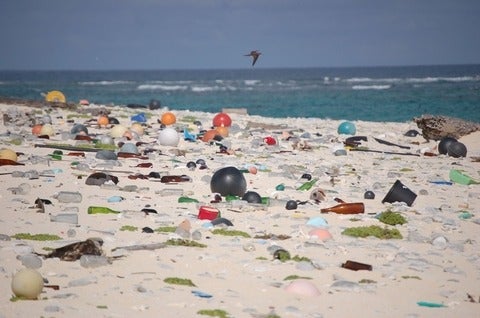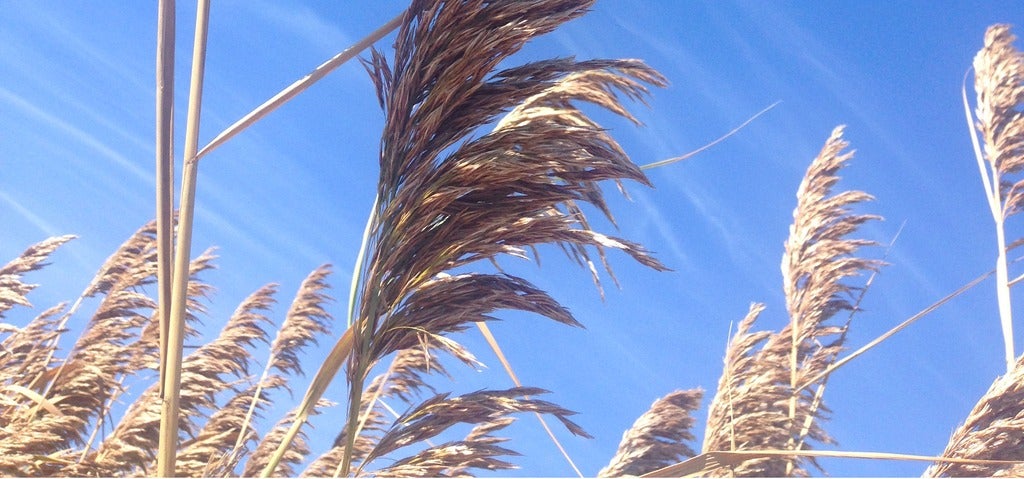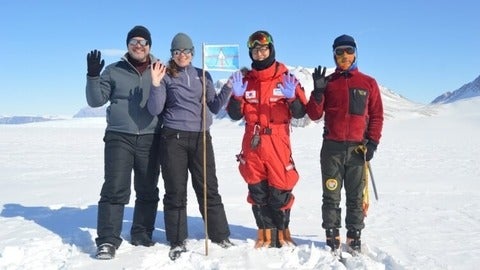Research suggests bottled water sales fueled by desire for immortality
A fear of dying plays a role in people buying bottled water, even though they know it may not be good for them or the planet, a study from the University of Waterloo has found.
The study suggests that most bottled-water advertising campaigns target a deep psychological vulnerability in humans, compelling them to buy and consume particular products. Bottled water ads specifically trigger our most subconscious fear — driving Canadians to buy billions of litres of water annually.
